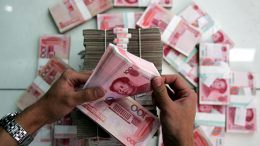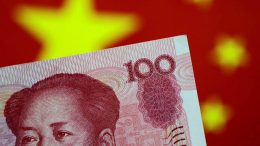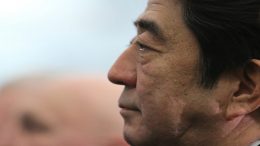China’s economy faces “3D” challenge: demographics, debt and deflation
Morgan Stanley| China’s economy faces a “3D” challenge: demographics, debt and deflation. Our China macro expert, Robin Xing, thinks the central government will have to partially underwrite local government debt and deploy sufficient fiscal stimulus to facilitate LGFV deleveraging and help the economy grow without debt. With this resolution, China could enter a debt-deflation spiral that puts both growth and the inflation outlook at risk. The focus of market attention…










